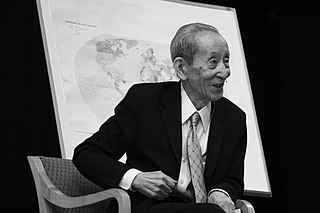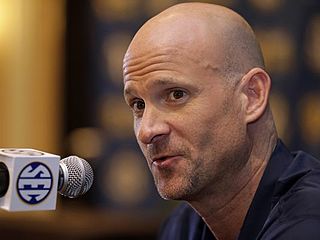A Quote by Epictetus
Learn to distinguish what you can and can't control. Within our control are our own opinions, aspirations, desires and the things that repel us. They are directly subject to our influence.
Related Quotes
Holding onto and manipulating physical objects is one of the things we learn earliest and do the most. It should not be surprising that object control is the basis of one of the five most fundamental metaphors for our inner life. To control objects, we must learn to control our bodies. We learn both forms of control together. Self-control and object control are inseparable experiences from earliest childhood. It is no surprise that we should have as a metaphor-a primary metaphor-Self Control is Object Control.
Some things are up to us [eph' hêmin] and some things are not up to us. Our opinions are up to us, and our impulses, desires, aversions–in short, whatever is our own doing. Our bodies are not up to us, nor are our possessions, our reputations, or our public offices, or, that is, whatever is not our own doing.
Happiness and freedom begin with a clear understanding of one principle: Some things are within our control, and some things are not. It is only after you have faced up to this fundamental rule and learned to distinguish between what you can and can't control that inner tranquility and outer effectiveness become possible.
Let us today seek to find that place within each of us where dreams are made, where our highest aspirations take shape. Let us confirm the power of our humanity by giving architecture and substance to the dreams we have for our nation, so that the promised land of social and economic justice that is within our dreams will soon be within our sight.





































